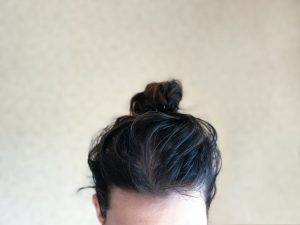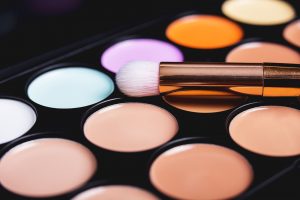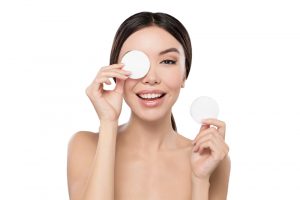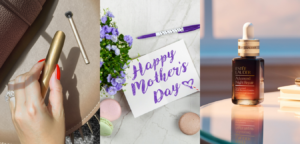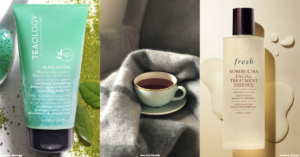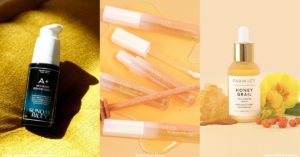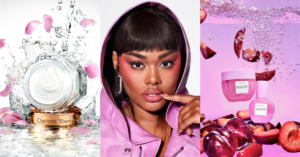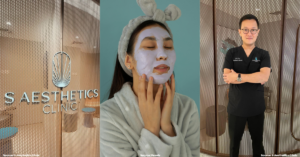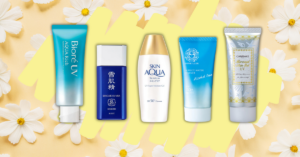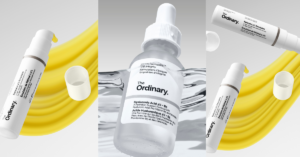Skincare
7 Surprising Things (Aside from Skipping Sunscreen) That Increase Your Risk of Sun Damage
Some skincare products, medicines, or even habits and routines can increase your sun sensitivity — or a higher risk for...
By: Dedet Panabi / May 6, 2019

Some skincare products, medicines, or even habits and routines can increase your sun sensitivity — or a higher risk for sunburn and all the ageing effects of UV exposure. Go through this list to find out if you need to double up on sun protection.
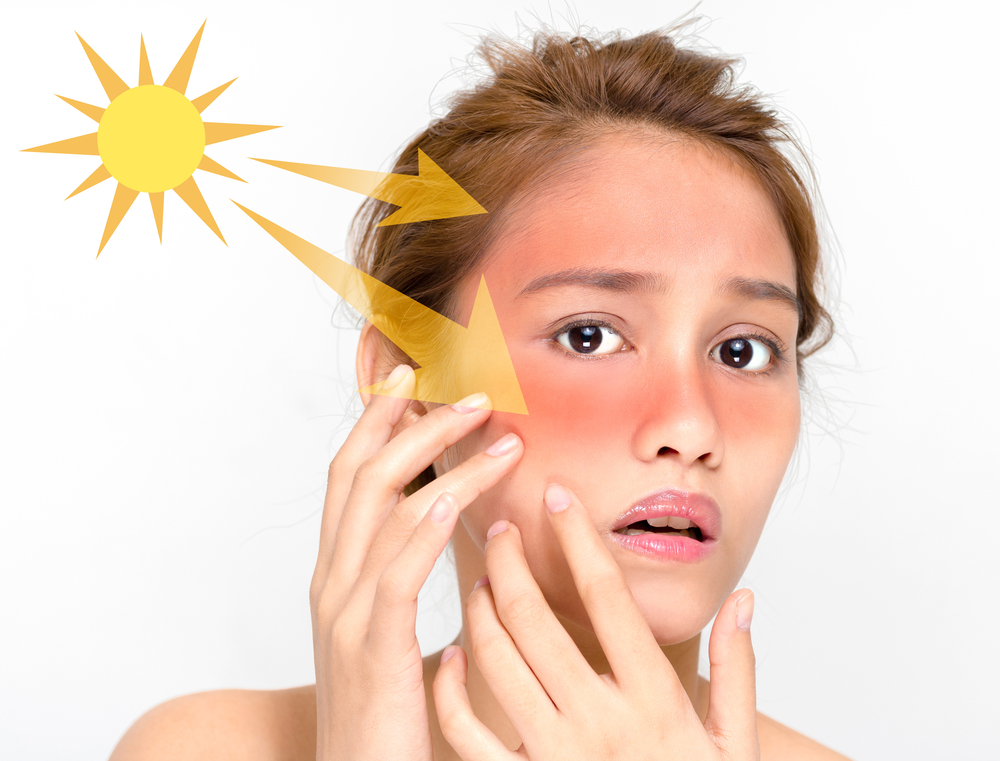
Contents
What is Sun Sensitivity?
Sun sensitivity or photosensitivity is when your skin is damaged or irritated even after only limited sun exposure.
Sometimes you know it’s sun damage. Your skin immediately feels uncomfortable when you’re out in the sun. It gets warm, gets red, and after a few hours, may already develop rashes and show signs of sunburn.
Other times, it may take longer for you to realize your skin has been damaged. You come home after what seems like just a short time outdoors, and wonder why your skin stings when you apply skincare or even take a bath. Sometimes, it takes days for you to notice a rash — and you don’t even realize it’s caused by sun sensitivity.
So what can cause your skin to react so quickly to sun exposure?
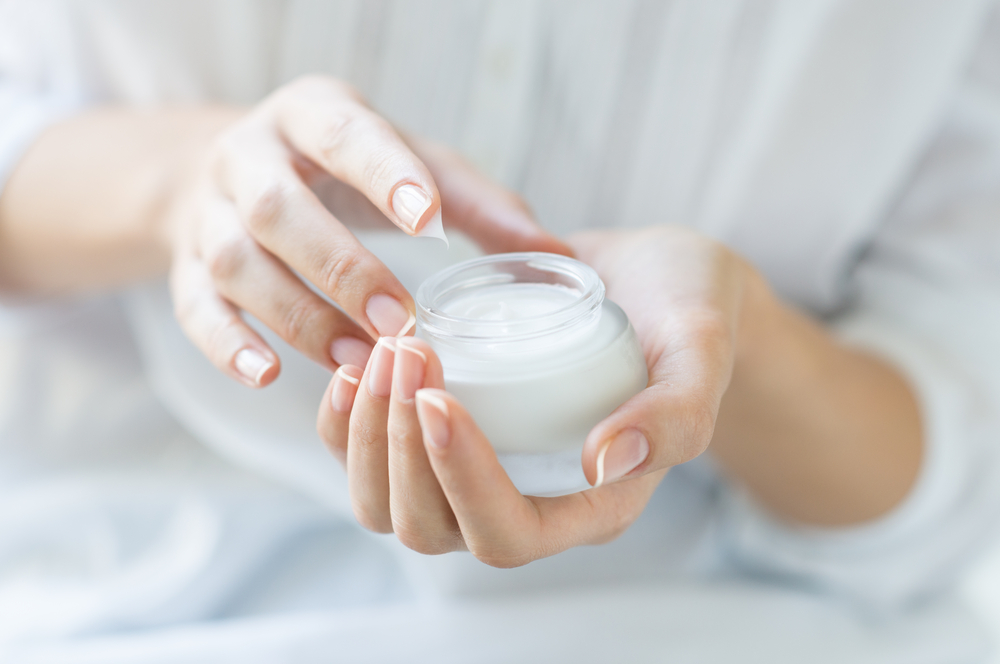
Skincare Ingredients
Check your skincare labels for the following ingredients:
- Retinol
- Vitamin A
- Vitamin C
- glycolic acid
- salicylic acid
- hydroquinine
These are all popular (and powerful!) anti-ageing and skin-brightening ingredients. They work wonders for your skin tone, but they work by breaking down outer skin layer to reveal new, healthy cells. Unfortunately, that also means your skin is thinner and more vulnerable.
If your skincare routine includes any of those ingredients, make sure you’re using a really good sunscreen and reapply often. You may also want to apply those products at night, which will help them work on your skin while you sleep and lower your risk for sun sensitivity.
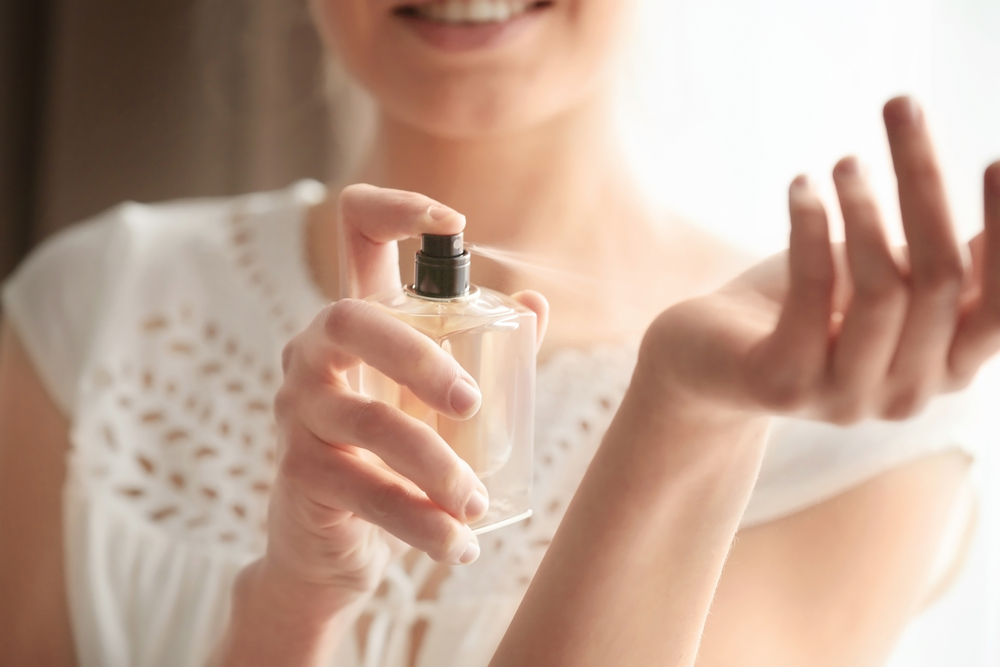
Scents and Oils
Many fragrances use a blend of concentrated oils or chemical compounds that help create that signature scent. However, some scents have a side-effect of making your skin more sensitive to the sun. These include:
- citrus oils (orange, mandarin, etc)
- lemon verbena
- lavender
- cedar
- bergamot
- rosemary
- sandalwood
You may also find some of these in body soaps or lotions, especially those that are natural and handmade. Don’t get us wrong: we love them! But if you’re using them, 1) wear sunscreen and 2) skip them when you know you’ll be out in direct sunlight all day.
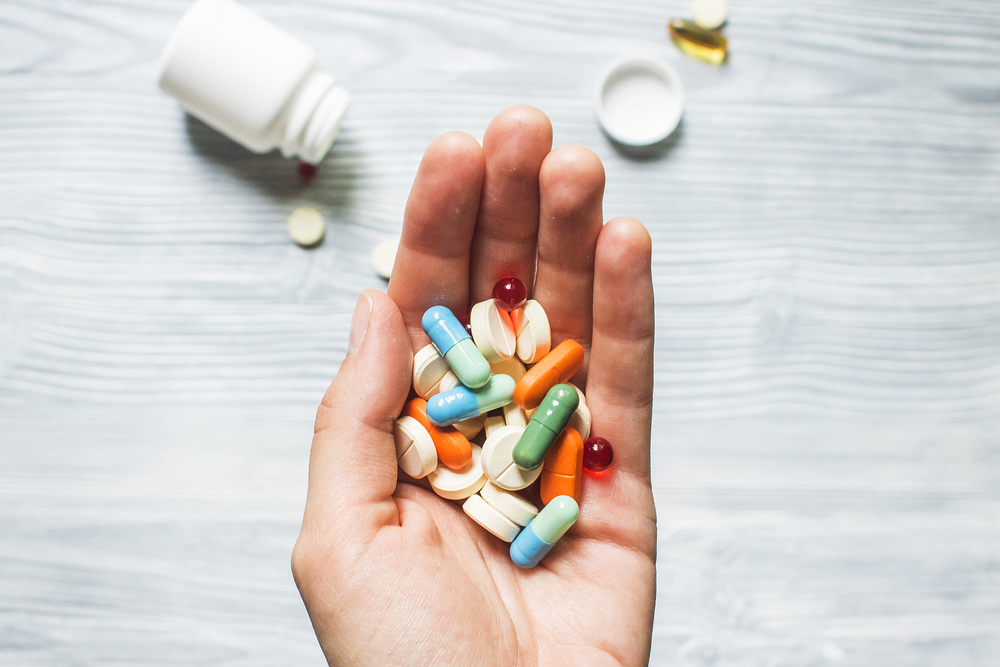
Medicines
Anti-acne medicines like isotretinoin, antihistamines, anti-depressants, and anti-inflammatories can increase your sun sensitivity. Even some maintenance medicines for diabetes and high blood pressure can affect your moisture barrier and make your skin more vulnerable to sunburn and irritation. Always ask your doctor about side effects of any prescription medicines. You can check out this short list of the most common drugs that cause sun sensitivity.

Your car or cubicle
Windows can block UVB damage (which causes sunburn) but not UVA (which can go into the deeper layers of the skin and cause skin ageing). You’re at a higher risk for sun damage if you spend a lot of time driving around in your car, or if your cubicle or work desk happens to be next to a window. In fact, one study that looked at the sun damage of sales people who drove on cross-country road trips found that the half of their face next to the car window had 30% more UV damage!
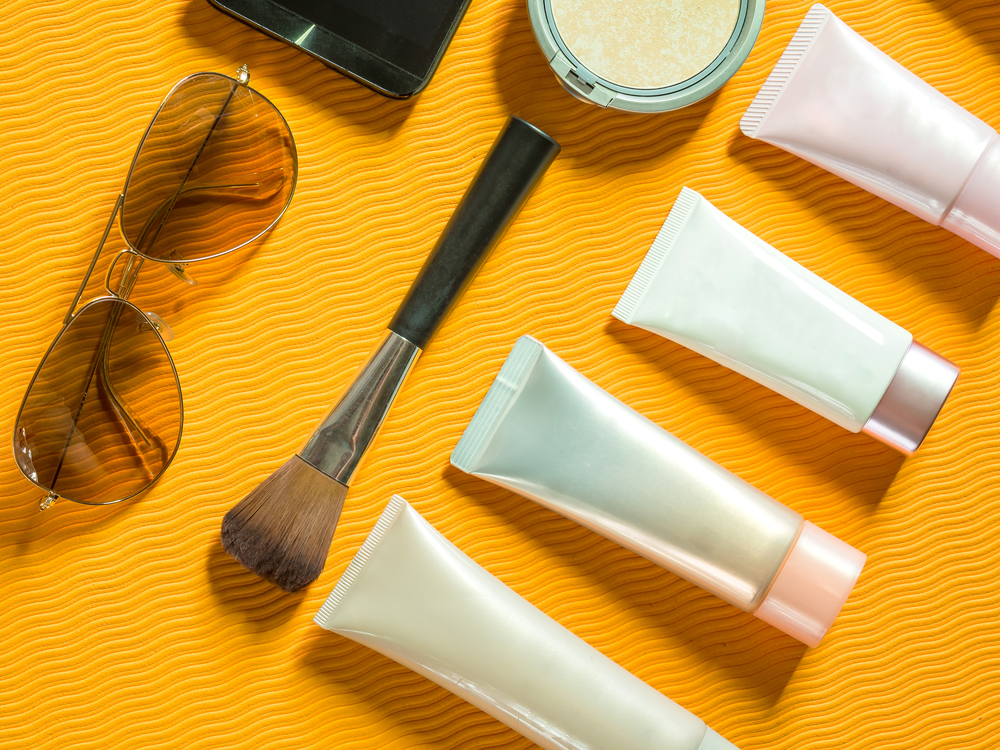
Your sunscreen routine
Do you apply sunscreen when you’re just about to head out the door or jumping in the pool? You need to put it at least 30 minutes before any kind of sun exposure. That gives your skin time to absorb it.
You also need to reapply sunscreen, especially if you’re sweating or swimming. Even water-resistant or sweat-resistant sunscreens won’t last the whole day.
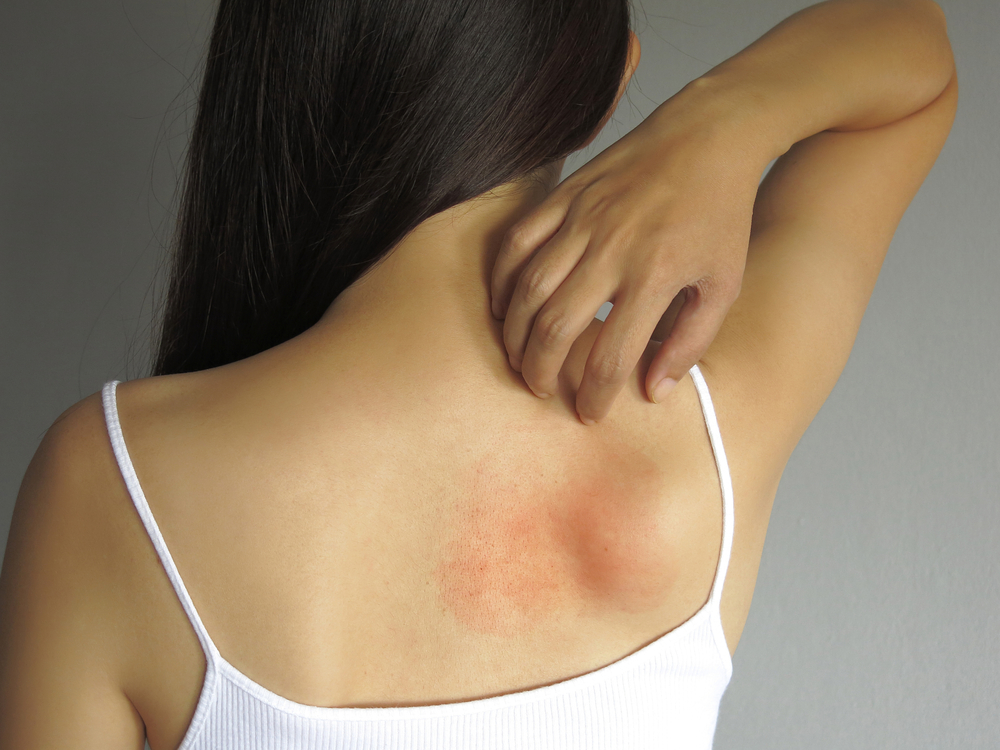
Your “bare” spots
Many people forget to put sunscreen on their lips and scalp. Wear a lip balm that contains SPF, and protect your head with a scarf or hat when you’re out in the scalding sun. Don’t forget to apply sunscreen on your neck and lower back, especially if you’re wearing a blouse made of light material.
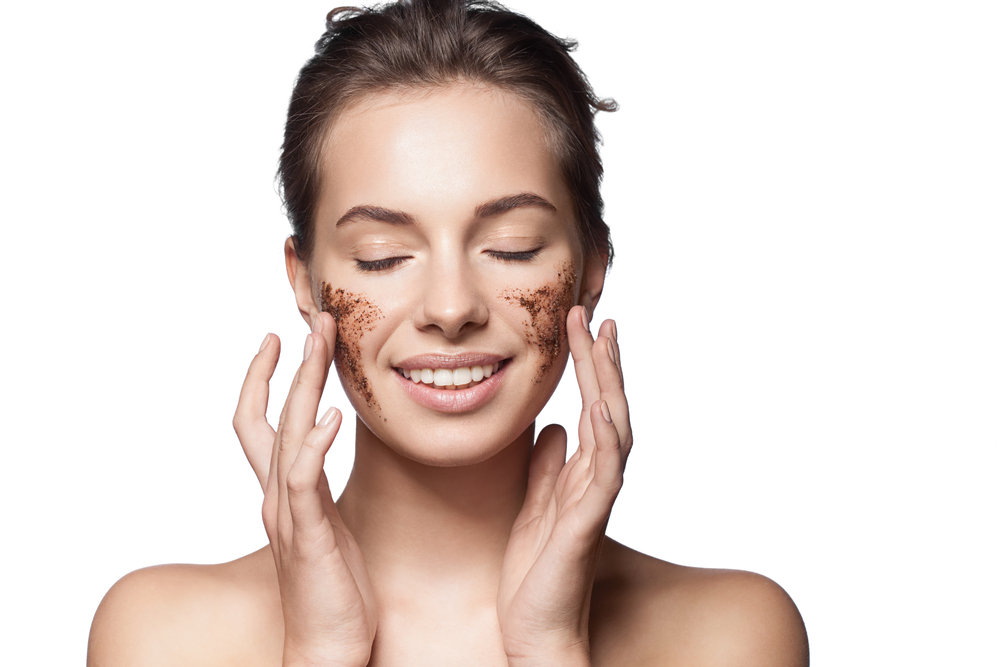
Your exfoliation routine
Exfoliation sheds the dead skin cells that act as an extra protective barrier. That doesn’t mean you should skip that step, but just know that your smooth, freshly scrubbed skin is more vulnerable. Use your body scrub or face scrub in the evening. And if you just exfoliated – especially those thorough facial peels or body scrubs – then be extra vigilant about your sunscreen.
That also applies to using facial cleansing tools like the Clarisonic, or any facial wash or body wash that has brightening or lightening ingredients.
Fight sun sensitivity with sunscreen!
You can’t hide from the sun — and you certainly can’t skip medicines or your skincare routine — but you can be more vigilant about sun protection. Get a good sunscreen and reapply often.

